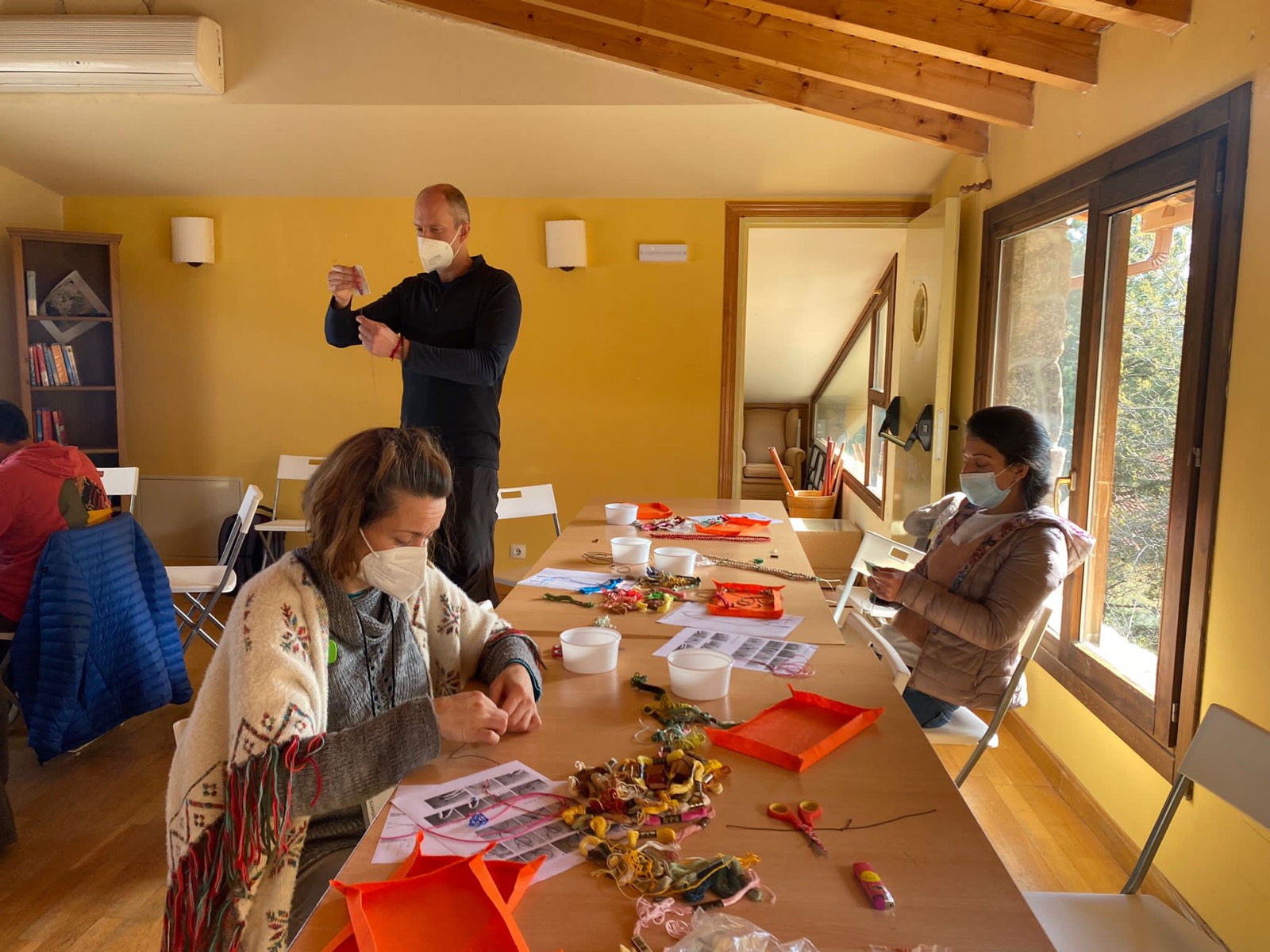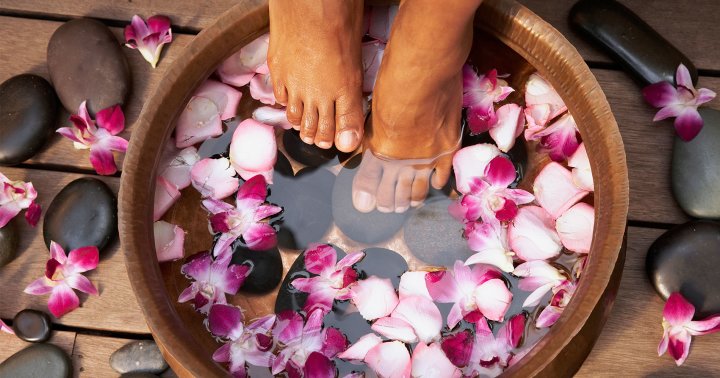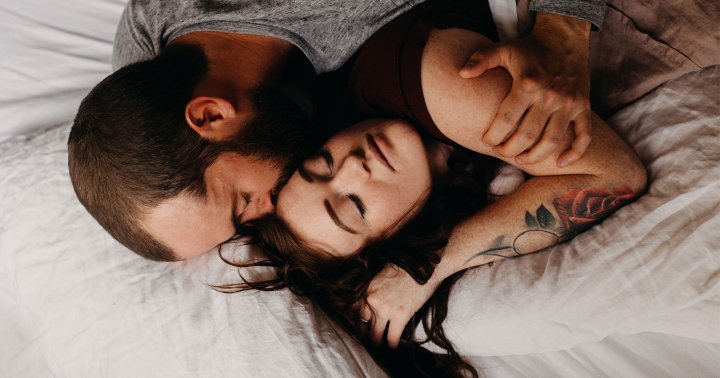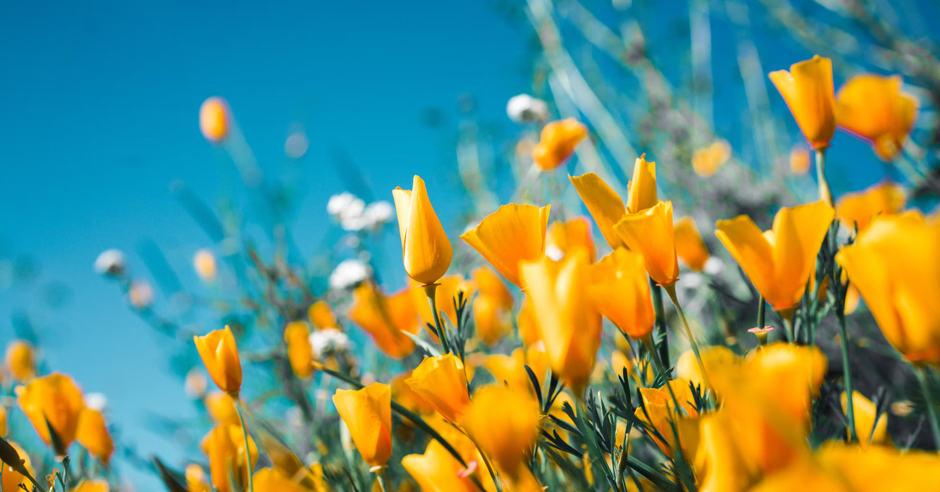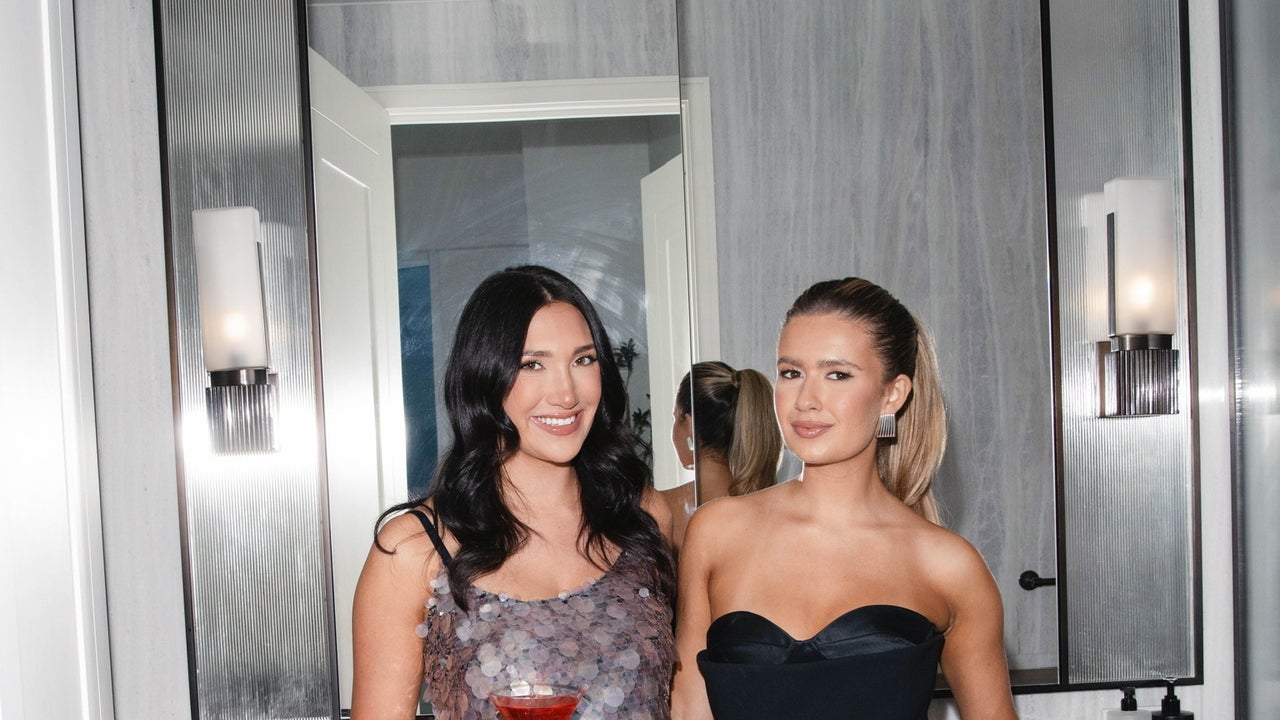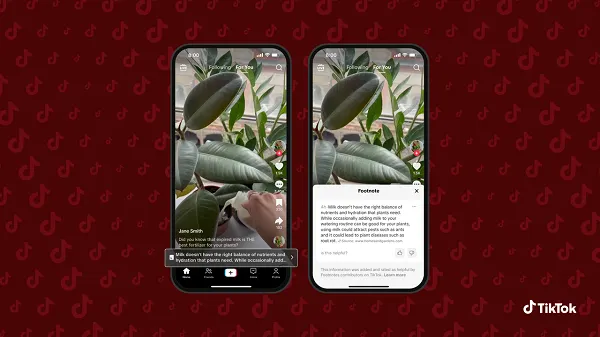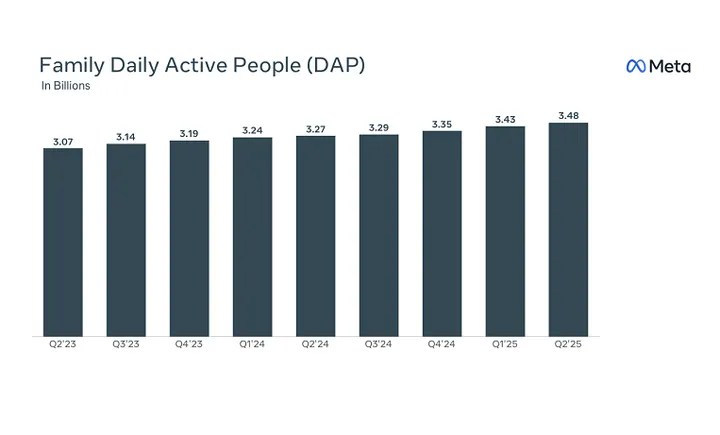Minimalism: An Easier Way to Live
Life is hard enough on its own. It brings with it challenges, heartache, and unexpected twists. We face pressures at work, struggles at home, and burdens that weigh on our hearts—things like loss, health issues, grief, or heartbreak. Why,...
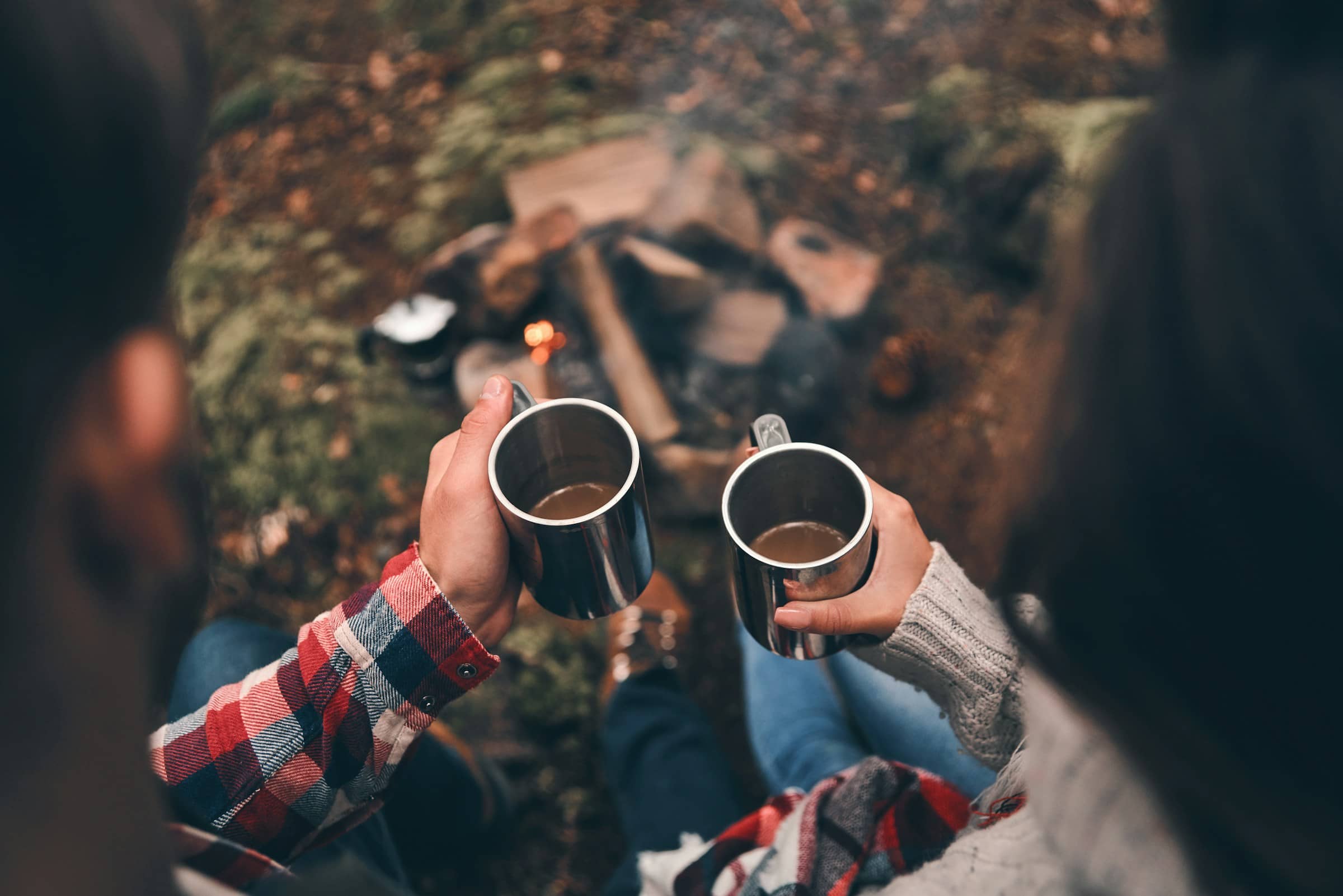

Life is hard enough on its own. It brings with it challenges, heartache, and unexpected twists. We face pressures at work, struggles at home, and burdens that weigh on our hearts—things like loss, health issues, grief, or heartbreak. Why, then, would we ever make it harder by adding more stress, more complexity, and more distractions into the mix?
Rarely do we make life more difficult on purpose. In fact, most of the time, the things we buy, the commitments we take on, and the possessions we hold onto are done in the name of improving our lives. We believe that having more will make life better. A new gadget will save us time, a bigger house will give us more comfort, a new car will bring us happiness. But as we add more and more, we often find the opposite is true—life doesn’t get easier, it becomes more complicated.
More stuff requires more from us. We spend more time cleaning, organizing, and maintaining it. We spend more money buying it, repairing it, and replacing it. The energy that we thought would be freed up by owning more is actually spent managing it. Before we know it, the possessions we thought would make our lives easier are the very things that are making it harder.
This is where minimalism comes in. Minimalism is not about deprivation—it’s about choosing to live with less so we can focus on more of what truly matters. It’s about clearing away the excess, the distractions, the unnecessary, and making room for the things that bring us real joy, purpose, and meaning. And when we do, we discover something powerful: minimalism makes life easier.
Minimalism offers tangible benefits that make life easier to navigate. When we own less, we free up the resources that we’re already spending—resources we often don’t even realize we’re losing.
More Money: Every item we buy costs us money—not just to purchase, but to maintain. Owning fewer things means spending less on repairs, replacements, and storage. It also means we’re more thoughtful about where our money goes. As we buy less, we find ourselves with more financial freedom and flexibility to focus on what really matters. More Time: Think about how much time we spend each week cleaning, organizing, and managing our possessions. The less we own, the less time we spend maintaining those things. Minimalism opens up our schedules, giving us time back for the things we love, whether that’s spending more time with family, pursuing hobbies, or simply resting. More Energy: When we clear out the clutter, we reduce the mental and physical energy that’s drained by excess. Every item in our home is something we have to manage, and the more we manage, the more we feel weighed down. Minimalism lightens that load, allowing us to direct our energy toward the things that truly deserve it. More Focus: Minimalism helps us cut through the noise. Without the constant distractions of stuff, we can better focus on our goals, our relationships, and the things that matter most. We can concentrate on the present moment rather than feeling scattered by everything around us. Less Stress: Clutter has been shown to increase stress levels. The more cluttered our environment, the more overwhelming it can feel. When we simplify our surroundings, we reduce stress, and life becomes more peaceful and calm. Fewer Distractions: When we remove the unnecessary, we gain clarity. Without the constant pull of too many possessions, commitments, and distractions, we can focus on living intentionally. We can make decisions based on what’s truly important, rather than being pulled in a million directions.By owning less, we create a simpler, more manageable life. Minimalism helps us strip away the distractions and focus on what matters most. And when life gets easier to manage on the outside, it frees us up to handle the harder things life throws our way.
Because life will throw things our way. There will be moments when we face illness, loss, or heartbreak. There will be trials, grief, and moments when the weight of the world feels too heavy. Minimalism isn’t a cure for the challenges of life, but it does create the space and mental clarity we need to deal with those challenges. It gives us more room to breathe, more emotional energy to process, and more time to focus on the relationships, healing, and peace that we need during difficult times.
When we’re not bogged down by managing excess, we have more capacity to care for ourselves and others. We have more room to connect with the people we love, to grieve when we need to grieve, and to face life’s difficulties with a sense of calm and presence.
Minimalism doesn’t mean life is perfect. It doesn’t mean every problem disappears. But what it does mean is that we’re no longer making life harder than it needs to be. We’re no longer adding to the chaos and complexity. Instead, we’re creating a life that’s lighter, more peaceful, and easier to manage.
Life will always have its challenges. But when we embrace minimalism, we create space for more of the things that matter most—time, energy, focus, and peace. We free ourselves from the unnecessary, allowing us to live a life that’s easier to navigate, more intentional, and more fulfilling. Minimalism is an invitation to make life easier, and it starts with the simple choice to own less and live more.
If life already feels overwhelming, minimalism can help lighten the load. It may not solve every problem, but it will free you up to face them with more clarity, strength, and resilience. And that, in itself, is a powerful step toward a better life.

 Konoly
Konoly 








